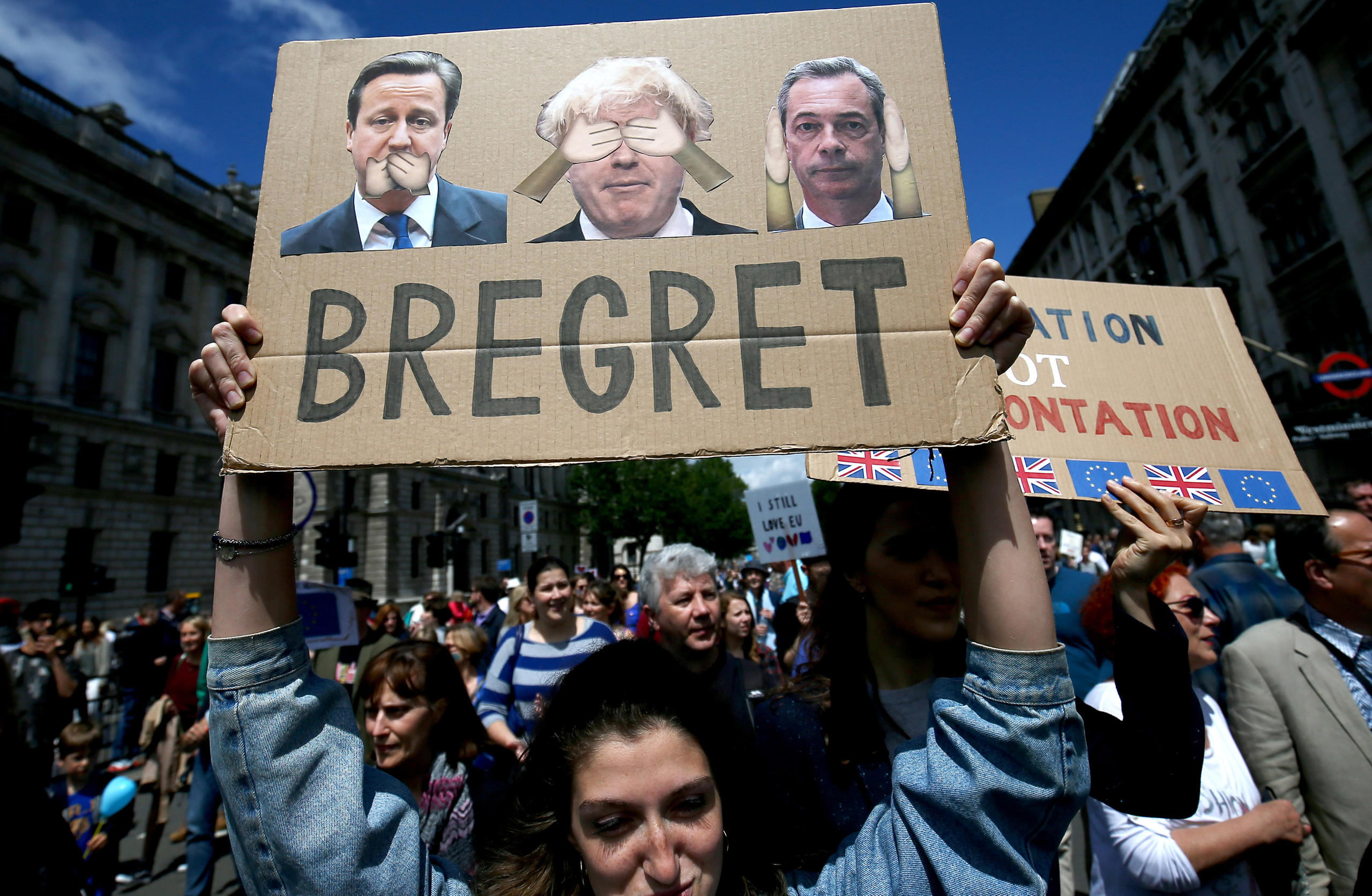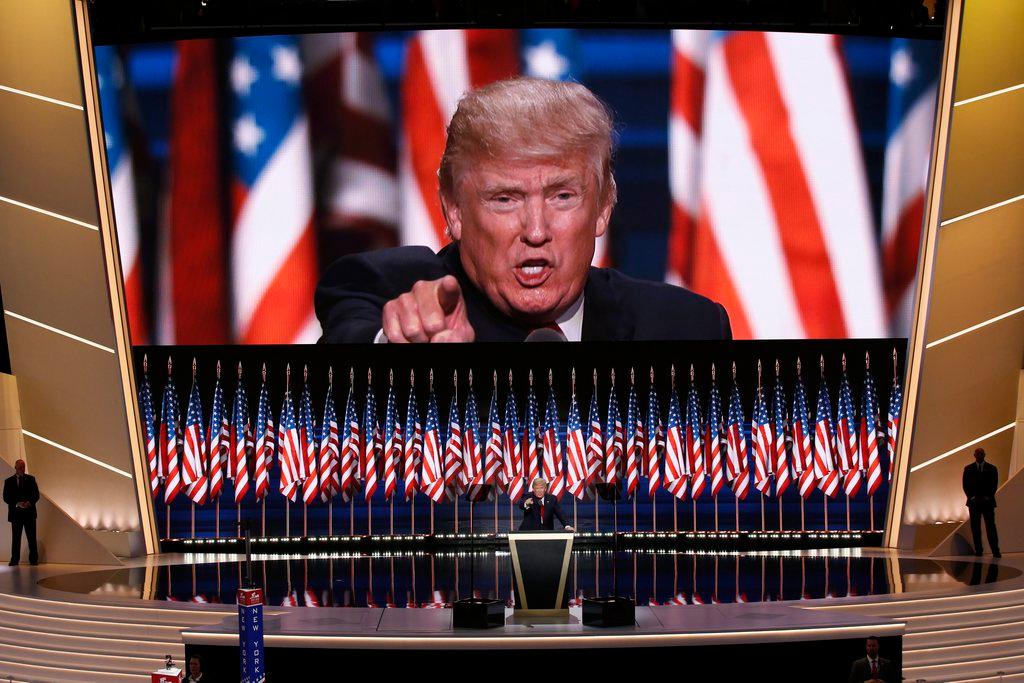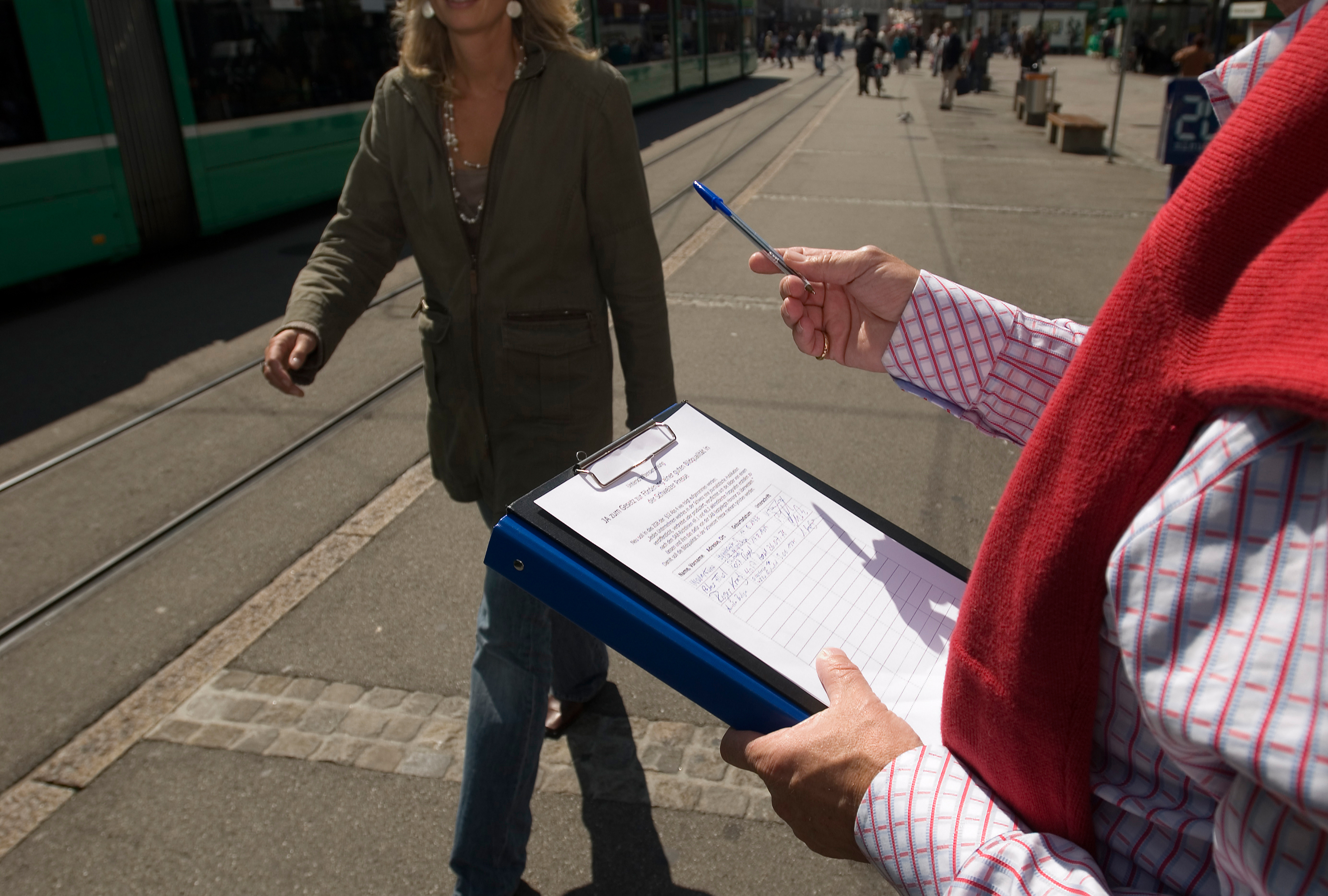‘Demonising populist politics is unhelpful’
The demonisation of populist movements is unhelpful. Democracy is by its nature steered by majorities; it is therefore risky to put all our faith in protective firewalls.
Populism is not a new phenomenon. It is not just the concept that dates back to the Roman Republic – so does the negative moral connotation.
Even in those days, representatives of the ruling elite described politicians who appealed directly to the people as populists (populares), while immodestly describing themselves as optimates – the best.
The Roman statesman Cicero, for example, derided the “men of the people” as characterless yes-men, as hypocrites who claimed to be supporting the people but who in reality endangered their interests and even their safety.
Important aspects
Today too, currying favour with the crowds and appealing to instincts is perceived as a characteristic of populist politicians.
To justify his claim that President Obama founded IS, Donald Trump merely said that the audience liked it, and that now everyone is talking about it.

Populists like to portray themselves as “plebeian tribunes” on the people’s side in the fight against the elites (from which they often originate). Here, too, there is a parallel with ancient Rome: If an aristocrat wanted to be elected to the office of plebeian tribune, he had to first formally “convert” to become a member of the plebs, or common people.
There is no comprehensive or uncontested definition of populism, but political scientists have identified further important characteristics of populist movements.
Such movements claim to be the sole representatives of the interests of the (silent) majority of a population mass understood as monolithic and homogenous. They fight to stop certain issues from de-politicisation, by which they are removed from the domain of majority decision-making.
This aspect is particularly clear in the context of the treatment of ethnic, religious, cultural and other minorities.
This article is part of #DearDemocracy, the platform for direct democracy at swissinfo.ch
Basic rights for these minorities are largely protected from the political process because they are anchored in national constitutions and international human rights instruments; these rights should not be subjected to the whims of the majority and their scope should be determined by courts, not plebiscites.
This explains the populist aversion to (foreign and domestic) judges and to other expert panels, and also why populist positions can fall prey to legal debates.
Recognising certain standards as human rights is a central aspect of the rule of law: A firewall is erected to offer protection when the flames of emotion shoot up. These rights are thereby removed from the domain of majority rule.
Tension
In Switzerland, we are increasingly struggling with the resulting tension between the de-politicisation of central social questions and our wide-ranging democratic decision-making mechanisms.
This tension cannot be dissolved by either side – as is often suggested – but must be withstood.
Demonising populist politics is unhelpful.
Democracy is by its nature steered by majorities; it is therefore risky to put all our faith in protective firewalls. Instead, the need for non-negotiable rights must be persuasively presented in the political arena, so that – wherever possible – dangerous fires don’t even break out in the first place.
Instead of increasingly limiting democratic decision-making on the grounds that it will overtax voters, we should work to persuade and inform the electorate of the benefits of institutions that uphold the rule of law. For there can be no question that some populist movements are endangering central aspects of the rule of law introduced in recent times.
Even Cicero, an optimate, was convinced that despite its inexperienced members, the popular assembly could differentiate between a populist and “principled, serious, honourable citizens.”
And even if deception and concealment were given full rein at the assembly, truth could triumph there too, as long as it was presented openly and in the right light. Success is not guaranteed, however.
In Rome, the conflict between the populares and the optimates ended with the fall of the Republic. From then on, an emperor ruled – both as plebeian tribune with an unlimited term of office and as the unassailable best friend of the people.
Fortunately, we are still a long way from this state of affairs, but the past illustrates that the conflict between established structures and populist movements should not be underestimated.
This article first appeared in the Neue Zürcher Zeitung newspaper on Sept. 8, 2016. The views expressed in this article are solely those of the author, and do not necessarily reflect the views of swissinfo.ch
Translated from German by Catherine Hickley

In compliance with the JTI standards
More: SWI swissinfo.ch certified by the Journalism Trust Initiative









You can find an overview of ongoing debates with our journalists here. Please join us!
If you want to start a conversation about a topic raised in this article or want to report factual errors, email us at english@swissinfo.ch.